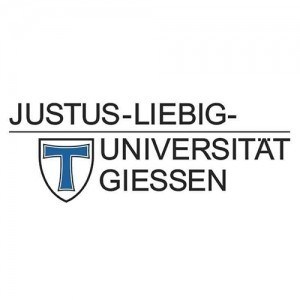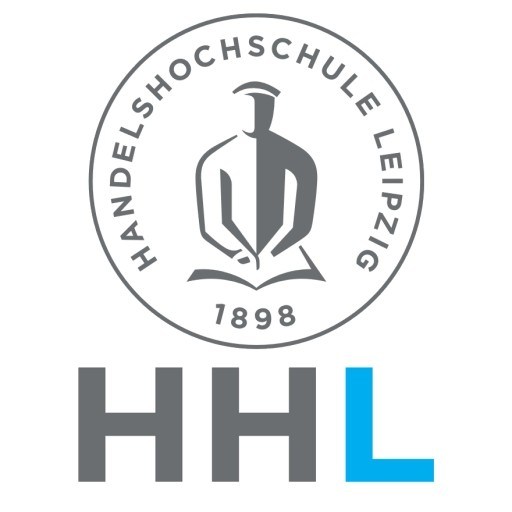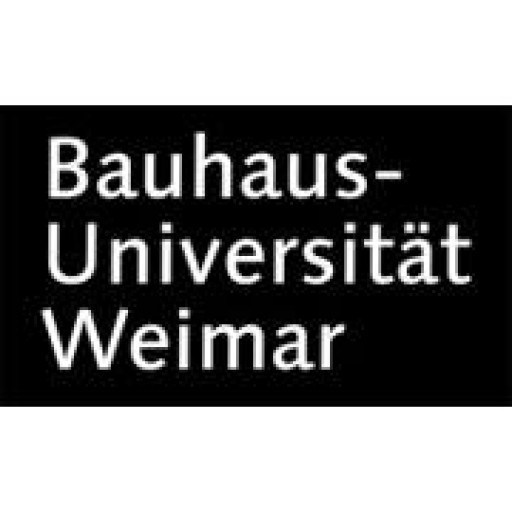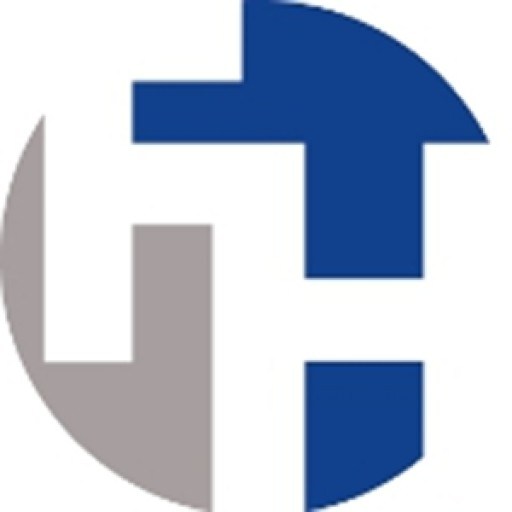Photos of university / #kitkarlsruhe
The Master's degree program in Energy Engineering and Management at Karlsruhe Institute of Technology (KIT) is a cutting-edge interdisciplinary program designed to prepare students for leadership roles in the rapidly evolving energy sector. This program combines rigorous technical training with comprehensive management education, equipping graduates with the skills needed to develop, optimize, and manage sustainable energy systems. Students will gain in-depth knowledge of energy conversion technologies, renewable energy sources, energy storage, and smart grid solutions, alongside essential competencies in project management, economics, and policy analysis. The curriculum emphasizes practical application through project work, internships, and collaborations with industry partners, allowing students to address real-world energy challenges effectively. The program also focuses on innovative approaches to energy efficiency, environmental impact reduction, and sustainable development. With a strong foundation in engineering principles and management strategies, graduates will be prepared for careers in energy companies, consultancies, governmental agencies, and research institutions. The program benefits from KIT's state-of-the-art laboratories and research facilities, fostering an environment of innovation and technical excellence. Internationally oriented, the program attracts students from around the world, promoting cultural exchange and global perspectives in energy issues. Graduates will be equipped to contribute to the transition towards cleaner, smarter, and more sustainable energy systems worldwide, playing a vital role in shaping the future of global energy management.
Educational organisation
The Master's program is offered at the HECTOR School, Technology Business School of the Karlsruhe Institute of Technology (KIT). It is especially designed for engineering professionals who have already worked in their jobs for approx. three years. It is designed as a part-time program over a duration of about 20 months and concludes with a Master of Science degree conferred by the KIT.
The academic calendar for the the programs starts in October each year and consists of 10 intensive modules, each with a duration of 10 days. At the end, the Master's program concludes with a Master's thesis.
Study abroad unit(s)
Management Module 4 in the Master's program Energy Engineering & Management is organised in cooperation with the ESADE Business School in Barcelona/Spain. Participants spend MM4 in Barcelona.
Forms of assessment
Written and oral exams at the end of each module + Master's thesis & colloquium after completion of the modules
Course objectives
Participants can understand, quantitatively describe, evaluate, and optimise the elements of energy systems in particular and their complex interactions. Graduates are able to understand innovation processes and can effectively and successfully apply their knowledge either in existing companies or in the foundation of "start-ups". For this, professional, methodical, process, and management knowledge is essential, which is taught in the modules of Energy Engineering & Management (EEM). On top of this, internationalisation and mobility are key factors of the Master's program, since the energy sector has an international nature.
Language requirements
English language test (e.g., TOEFL or IELTS) for non-native speakers (TOEFL score of at least 95 iBT)
Academic requirements
University qualification:
Bachelor's, Master's, German Diploma ("Diplom"), etc. (university, university of applied sciences, cooperative state university)
Exception: other degrees may be accepted (e.g., professional experience)
Professional experience:
Depending on the level of the first degree (210 or 180 ECTS points)
- One or two years of practical experience in the specific field of the course is required.
- Three years of work experience are recommended.
- References are needed as evidence.
English qualification:
Evidence of an adequate knowledge of the English language is required, normally in the form of a TOEFL (at least 95 iBT) or an equal qualification that must be checked individually.
For further details, please see:
www.hectorschool.kit.edu/admissions_msc.php
Enrollment fees
The tuition fee for the entire M.Sc. Program is 30.000 € (thirty thousand EUR). Please note that this fee is tax-deductible.
Arrival support
The HECTOR School office offers support to international participants regarding e.g., arrival procedures, visa requirements, etc.
Services and support for international students
The HECTOR School office takes care of international participants during their stay in Germany, also offering a wide range of social and cultural events, workshops, etc.
Accommodation
The HECTOR School is integrated into the campus of the International Department of the KIT with its own campus accommodation, which is available to all students of the International Department upon request.
For further information, see the campus website: www.hectorschool.kit.edu/accommodation.php








